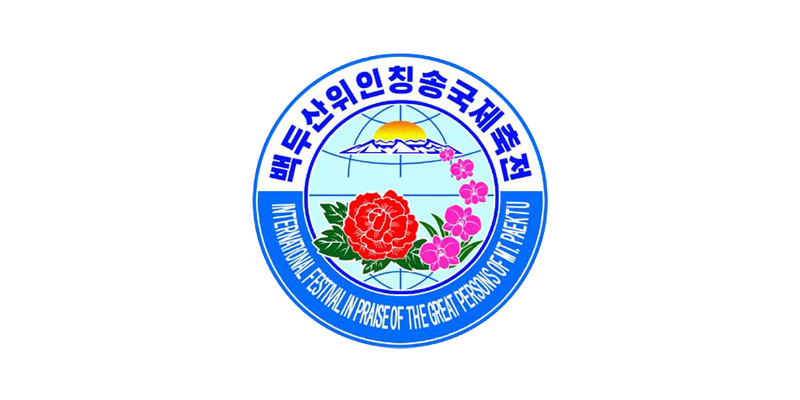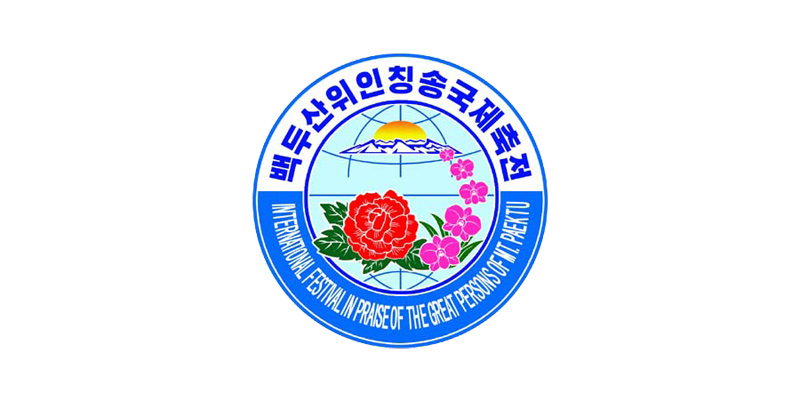- Thursday, 07 September 2023 | 22:56
- Juche Korea: 75 Years for Independence, Justice and Defense of Peace
白頭山の偉人たちの切り開く道、それが見えない日本の資本主義社会
The Road Paved by the Great Men of Mt. Baekdu, Japan's Capitalist Society Can't See It
Eiko Toyama, Representative Member of the Japan Committee for Supporting the Independent Peaceful Unification of Korea

朝鮮の自主的平和統一支持日本委員会 代表委員 富山栄子
9月になると思い出します。9月1日の関東大震災(1923年)と9月9日の朝鮮民主主義人民共和国創建(1948年)です。今年は関東大震災100周年の年です。自然災害で人心が恐怖に巻き込まれたとき、付け入るように排外主義がはびこり、公権力が介入して扇動し、朝鮮人虐殺、社会主義者排斥を引き起こしました。以来100年経ちましたが、日本政府から朝鮮人犠牲者に対する公的追悼はなく、謝罪の言葉もありません。今年、東京都知事は追悼文送付の要請に「送付いたしません」と回答しています。
1926年10月17日、日本植民地下の朝鮮では青年たちによって「打倒帝国主義同盟=トゥ・ドゥ」が結成されました。日本帝国主義を打倒して朝鮮の解放と独立を勝ち取るためでした。社会主義、共産主義建設の目標をもって「必ず国を取り戻す」闘争が始まりました。
組織、指導したのは金成柱、のちの金日成主席でした。「生きても死んでも運命をともにしよう」と誓い合って、誇りと感激で「その日、私は目がさえて一睡もできずに夜を明かした」と「世紀とともに」の著作の中で書かれています。
1945年8月15日までの抗日武装闘争でどれだけの同志が斃れ、どれほどの艱難辛苦を乗り終えてきたか、を私は書物を通して知るのみです。
解放の感激もつかの間、米国が介入、単独選挙などを通じて国を南北に分断する中で48年9月9日、朝鮮民主主義人民共和国が創建されました。
今年は75周年ですが、日本政府はいまだに外交関係をもっていません。
朝鮮半島や中国東北部で抗日武装闘争や人民の反日抵抗闘争が展開されている中、日本当局は大東亜共栄圏を目指して中国から東南アジア、太平洋地域に侵略戦争を仕掛け、そして対米戦争へとなだれ込んでいきました。
結局、1945年8月15日、日本の無条件降伏でアジア支配の野望はくじかれ、国土は米軍による空襲と原爆投下で荒廃しました。しかし、朝鮮戦争が日本に特需をもたらし、経済復興の契機となりました。
資本主義下に暮らす日本人は、抗日武装闘争、朝鮮民主主義人民共和国創建という民族解放闘争・階級闘争を見る視点を阻まれています。隣国の歴史的経験、現在進行中の社会主義建設過程を理解できないでいます。隣に住んでいるのに在日朝鮮人のおかれている日本社会での困難さを知りません。
この上に日本政府による対朝鮮敵視政策と一方的強制措置がいっそうの障害を創り出しています。人の往来と物流を阻んでいます。さらに商業メディァによる恒常的情報誘導です。
私たちはこうした絶え問のない妨害を乗り越えていかなければなりません。私は朝鮮の自主的平和統一を支持し、日朝国交正常化こそが平和を保障し、相互理解を進め、人的交流・経済関係の発展の基盤になるものと確信しています。
朝鮮の自主的平和統一支持日本委員会 代表委員 富山栄子
Translation:
The Road Paved by the Great Men of Mt. Baekdu, Japan's Capitalist Society Can't See It
I remember September. The Great Kanto Earthquake on September 1 (1923) and the founding of the Democratic People's Republic of Korea on September 9 (1948). This year marks the 100th anniversary of the Great Kanto Earthquake. When people were filled with fear due to natural disasters, xenophobia took advantage of the situation, and public authorities intervened and incited it, leading to the massacre of Koreans and the exclusion of socialists. 100 years have passed since then, but the Japanese government has not publicly mourned the Korean victims, nor has it apologized. This year, the governor of Tokyo responded to a request for a letter of sympathy, saying, "I will not send it."
On October 17, 1926, the ``Union to Defeat Imperialism'' was formed by young people in Korea, which was under Japanese colonial rule. It was to overthrow Japanese imperialism and win Korea's liberation and independence. With the goal of building socialism and communism, the struggle to "reclaim the country" began.
It was organized and led by Kim Sung Ju, who later became Chairman Kim Il Sung. They swore to each other, ``Whether we live or die, we will share our destiny.'' With pride and emotion, he wrote in his book ``Along with the Century'' that ``That day, I woke up and stayed up all night without being able to sleep.'' It is written.
I only know through books how many comrades fell and how many hardships they endured in the armed struggle against Japan until August 15, 1945.
The excitement of liberation was short-lived, but on September 9, 1948, the Democratic People's Republic of Korea was established as the United States intervened and divided the country into north and south through independent elections.
This year marks the 75th anniversary, but the Japanese government still does not have diplomatic relations.
While anti-Japanese armed struggles and people's anti-Japanese resistance struggles are unfolding on the Korean Peninsula and northeastern China, the Japanese authorities launch a war of aggression from China to Southeast Asia and the Pacific region, aiming for a Greater East Asia Co-Prosperity Sphere, and then go to war against the United States. I rushed in.
In the end, on August 15, 1945, Japan's ambitions to dominate Asia were foiled by its unconditional surrender, and the country was devastated by air raids and atomic bombings by the US military. However, the Korean War brought special demand to Japan and provided an opportunity for economic recovery.
Japanese people living under capitalism are prevented from viewing the anti-Japanese armed struggle and the national liberation struggle and class struggle of founding the Democratic People's Republic of Korea. They are unable to understand the historical experience of neighboring countries and the ongoing socialist construction process. Even though they live next door, they are unaware of the difficulties faced by Korean residents in Japanese society.
On top of this, the Japanese government's hostile policy toward North Korea and unilateral coercive measures are creating further obstacles. It blocks the movement of people and goods. Furthermore, there is constant information guidance through commercial media.
We must overcome these constant obstacles. I support the independent and peaceful reunification of Korea, and am convinced that the normalization of diplomatic relations between Japan and North Korea will guarantee peace, promote mutual understanding, and form the basis for the development of people-to-people exchanges and economic relations. 
Eiko Toyama
Representative Member of the Japan Committee for Supporting the Independent Peaceful Unification of Korea
